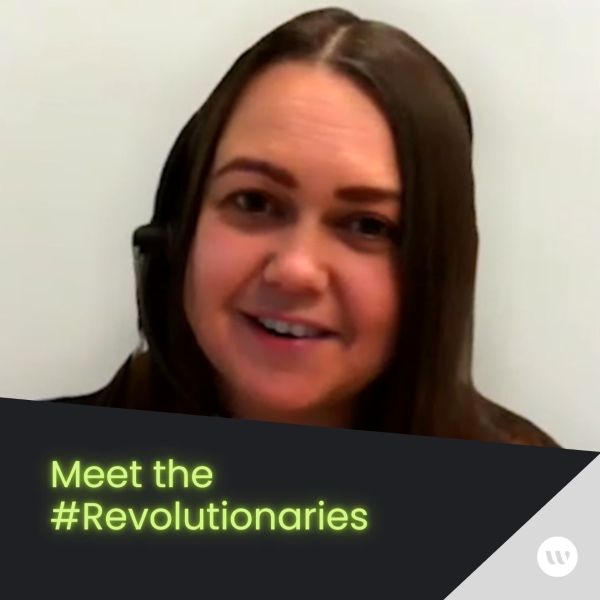The question came from a study I read a while ago that I have, frustratingly, never been able to find again. From memory, some people only had one or two people, and some, devastatingly, had none.
So I thought I'd see where things were in 2024 and the results were startling (see graph below). Of the 115 people who responded to the poll, 1 in 20 had no one to call.
Or you could say that nearly 1 in 4 people had two or fewer people they could call, which becomes problematic if those couple of people are unavailable - perhaps they're overseas or have limited mobility.
We interviewed a group of CEOs after the pandemic and this sentiment stands out: "There is no time to build trust in a crisis." CEOs found the trusted relationships they had going into the crisis were the ones that helped them get through where and when it mattered most.
Given we spend a third of our lives at work, workplaces have a huge role to play in keeping us connected through the highs and lows. And it's not just the workplace - our barista or bus driver on the way to work can contribute too.
Supporting each other is one of the most powerful things we can do right now. Reach out to a colleague, build trust within your team, and check in on the people in your daily routine.
We may not be able to be there in an emergency, but we can certainly ensure that no one feels alone in their time of need.
Want to read more?
Sign in below if you're a Revolutionary (member).
Not a member yet?
Join in seconds! Just $10/month (+ any tax).
Cancel anytime.
Be a revolutionary and join now










